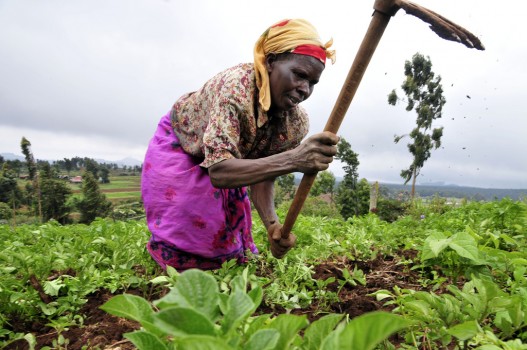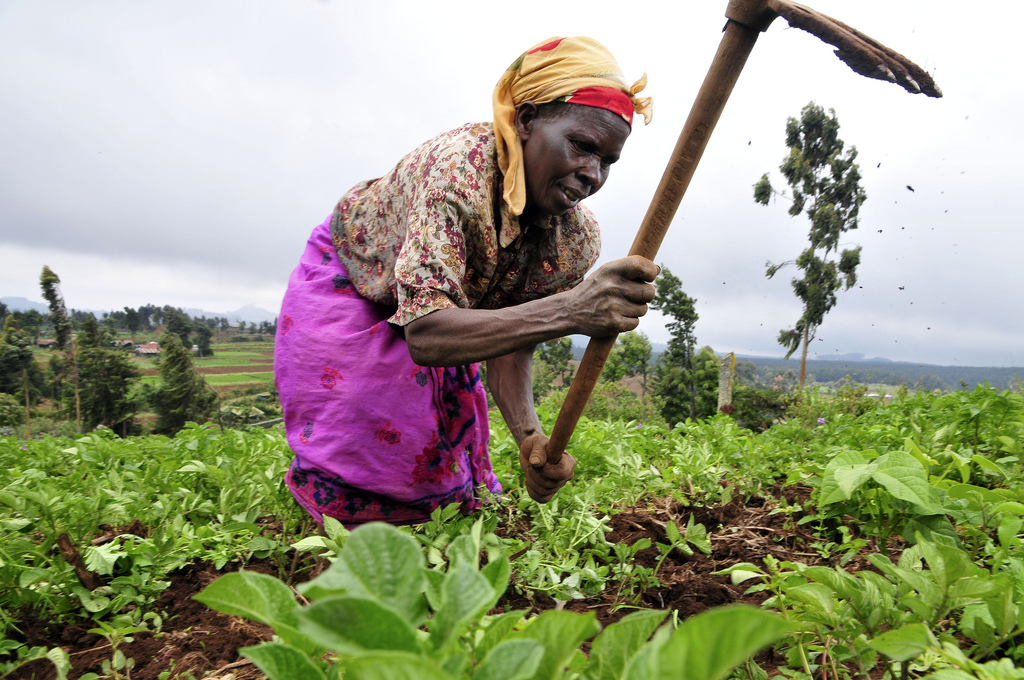
African working class people are the hardest hit by the adverse consequences of neoliberal globalization. The African Growth and Opportunity Act (AGOA) put before the American Senate by President Bill Clinton in 1998 which was passed into law in May, 2000, and, the Multilateral Agreement on Investment (MAI) of the Organization for Economic Co-operation and Developments (OECDS) are part of the instruments put in place by the imperialist overlords of global capitalism to further deplete whatever is left of Africa’s resources.
These instruments along with Free Trade Agreements and the so-called “economic partnership agreements” with Europe are powerful tools for promoting the interests of the rich countries and their local collaborators, against the interests of poor working people. These allow the powerful international corporations unfettered freedom to operate anywhere around the globe.
It should be particularly noted however, that, the main advocates of globalization, who are the bosses in advanced capitalist countries, are hypocritical in their approach given the fact that, big business rested on state support in the development of capitalism at an earlier historic period. The governments of virtually all developed nations gave their agricultural and industrial producers some level of protection at crucial stages of their economic development.
The dilemma of the local Africa bosses who arrived lately on the global stage of capitalist development is that such spaces for the capitalist model as a motor for social progress has shrunken and continues to be constrained. Never before has the choice been clearer between degeneration to barbarism, if we continue with capitalism or the revolutionary overthrow of this system and its replacement with socialism, if we are to really develop.
Africa is today the least developed region in the world. It is also the only part of the developing world where poverty has been sharply on the rise. System change is of the essence, to go beyond the limitations of globalization and its discontents.
by Frances Adejobi









